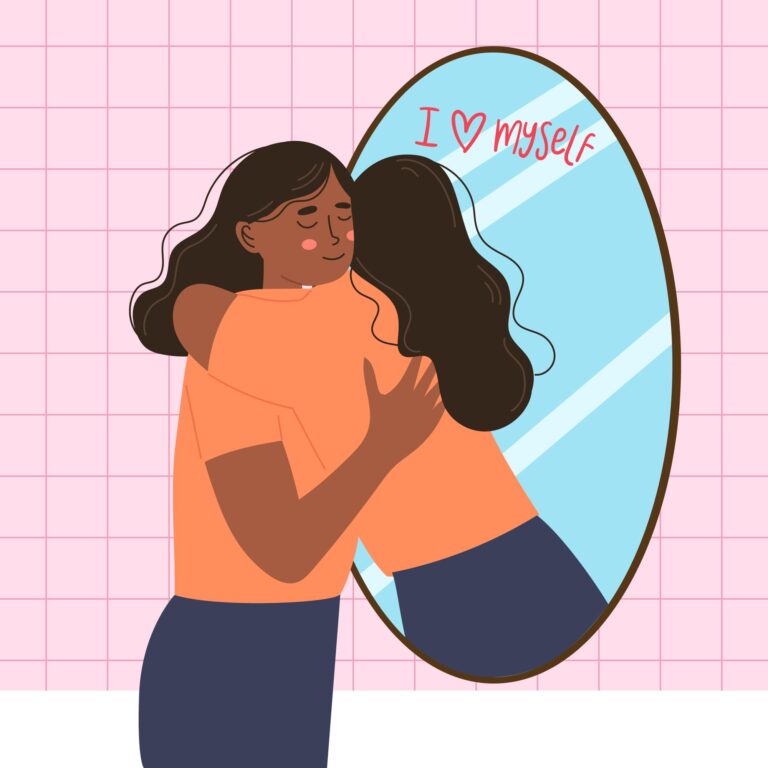Self-Care Strategies for Individuals with Disabilities and Chronic Conditions
Discover practical self-care strategies tailored to the unique needs of individuals with disabilities and chronic conditions. From prioritizing rest and nutrition to cultivating emotional well-being and setting boundaries, empower yourself to enhance your overall quality of life and wellness journey.

Living with a disability or chronic condition often comes with unique challenges that can impact physical, emotional, and mental well-being. In the midst of managing medical appointments, treatments, and daily life, prioritizing self-care is essential for maintaining overall health and quality of life. In this article, we’ll explore empowering self-care strategies tailored to the specific needs of individuals with disabilities and chronic conditions.
Embracing Self-Compassion
Self-care begins with self-compassion – the practice of treating oneself with kindness, understanding, and acceptance. Acknowledge the challenges you face and allow yourself to experience a range of emotions without judgment. Remember that it’s okay to ask for help and take breaks when needed.
Physical Self-Care
Prioritize Rest: Adequate rest is crucial for managing symptoms and promoting healing. Establish a consistent sleep schedule and create a relaxing bedtime routine to improve sleep quality.
Stay Active: Find accessible forms of exercise that suit your abilities and preferences, whether it’s gentle yoga, swimming, or seated exercises. Regular physical activity can help improve mobility, reduce pain, and boost mood.
Nutrition: Fuel your body with nourishing foods that support overall health. Aim for a balanced diet rich in fruits, vegetables, whole grains, and lean proteins. Stay hydrated by drinking plenty of water throughout the day.
Emotional and Mental Well-Being
Practice Mindfulness: Incorporate mindfulness techniques into your daily routine to reduce stress and increase self-awareness. Activities such as deep breathing, meditation, and guided imagery can promote relaxation and emotional balance.
Seek Support: Cultivate a support network of friends, family members, healthcare professionals, and support groups who understand your unique challenges and can offer encouragement, empathy, and practical advice.
Set Boundaries: Learn to recognize your limits and communicate them assertively to others. Prioritize activities and commitments that bring you joy and fulfillment, and don’t hesitate to say no to things that drain your energy or cause undue stress.
Practical Self-Care Tips
Accessibility: Make your living space more accessible and comfortable by incorporating adaptive equipment, assistive devices, and home modifications as needed. This can enhance independence and reduce barriers to daily activities.
Simplify Tasks: Break tasks into smaller, manageable steps and use assistive technology or adaptive techniques to simplify routines and conserve energy.
Engage in Hobbies: Dedicate time to activities that bring you joy and relaxation, whether it’s reading, painting, gardening, or listening to music. Engaging in hobbies can provide a sense of purpose and fulfillment amidst life’s challenges.
Self-care is not selfish – it’s an essential act of self-preservation and empowerment, especially for individuals living with disabilities and chronic conditions. By prioritizing physical, emotional, and practical well-being, you can enhance your overall quality of life and better navigate the journey of managing your health. Remember, you are worthy of care and deserving of support on your path to wellness.

